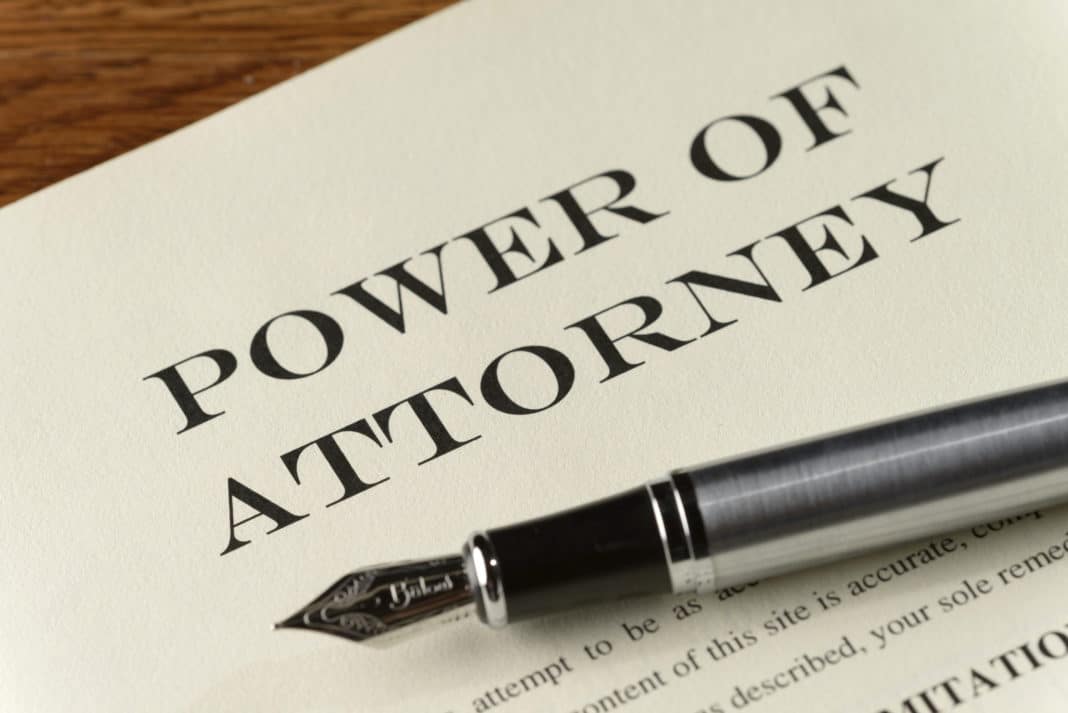
Not so fast!
You probably already know what a Power of Attorney is designed to accomplish. It will allow a named person, called the Agent, to conduct financial transactions for someone else, called the Principal.
This includes buying and selling cars, real property and investment assets. It also includes the ability to open safe deposit boxes, deal with insurance, work with 3rd parties like CPAs and investment advisors, deal with government benefits and in general do whatever a person needs to be done to take care of them. Even between spouses, having a good Power of Attorney in place is critical if you own real property or have a retirement account, and most people do.
You are right- having a valid Power of Attorney can be one of the most important legal documents a person can have, even more important than a Will!
The problem is that not all Powers of Attorney are created equally. Assuming for a moment that you had a local attorney draft your Power of Attorney for you*, it may be one of two varieties. I call them “Estate planning Powers of Attorney” or “Elder Law Powers of Attorney”. Your document won’t say which one it is, so don’t bother looking. For most people, until they reach 70 or 75 years of age, the Estate Planning Power of Attorney works just fine. But once a person reaches the time in their life when they are actually relying on the help of another person on a regular basis, or might in the near future, then they need to take a hard look at their Power of Attorney and make the change. They need to convert their Power of Attorney to the Elder Law Power of Attorney. If they don’t, they may lose significant benefits and spend money needlessly.
The Elder Law Power of Attorney is designed to allow a person to protect their estate from the cost of nursing-home care and to give their Agent the powers they need to do Medicaid planning. More traditional Powers of Attorney generally do not provide for this. You wouldn’t know that until you needed to do the planning and by then it will probably be too late to get a new Power of Attorney signed! Now you don’t have an option for protecting assets.
So our advice is simple: If you, or a loved one, is reaching age 70 to 75, let’s review their existing Power of Attorney to see which version they have. If they already have the Elder Law Power of Attorney, fine. Nothing needs to be done. However, if they have the traditional Estate Planning Power of Attorney, we can discuss the weaknesses in their current document and see whether they might want to change to a new Power of Attorney. The cost is minimal if they do decide to make a change.
Call us if we can answer your questions!
